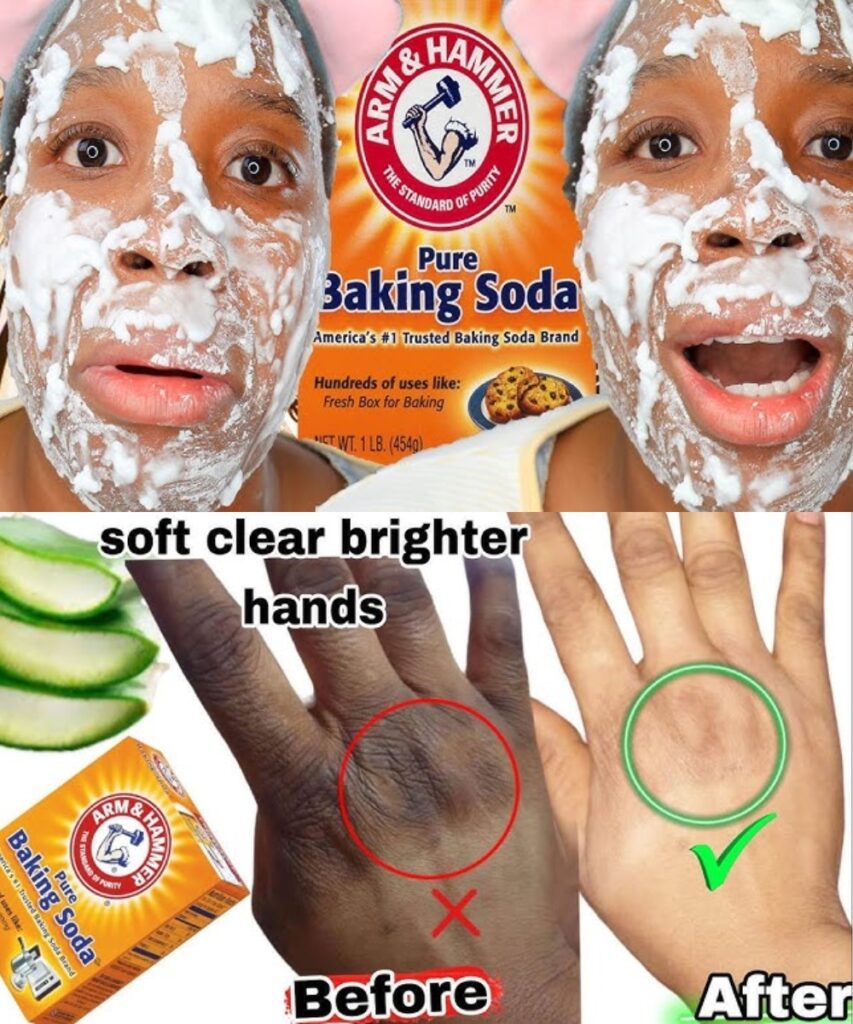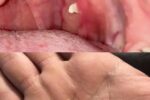Can Baking Soda Help You Look Younger? The Truth About This Popular DIY Skincare Trick
Is the Fountain of Youth in Your Kitchen?
For decades, people have used simple household ingredients for natural skincare—and baking soda is one of the most talked-about. Some even claim it can make you look 15 years younger, especially when combined with lemon juice. But does it really work, and more importantly—is it safe?
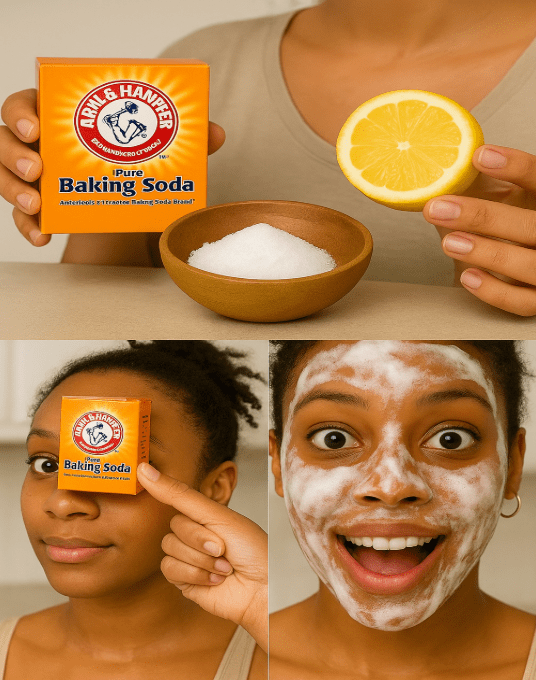
Let’s break down the benefits, risks, and how to use this home remedy wisely.
What Baking Soda Can (and Can’t) Do for Your Skin
Baking soda, or sodium bicarbonate, is mildly abrasive and has alkaline properties. This gives it a gritty texture that many believe helps:
- Gently exfoliate dead skin cells
- Brighten dull areas of the skin
- Temporarily reduce the appearance of blackheads or large pores
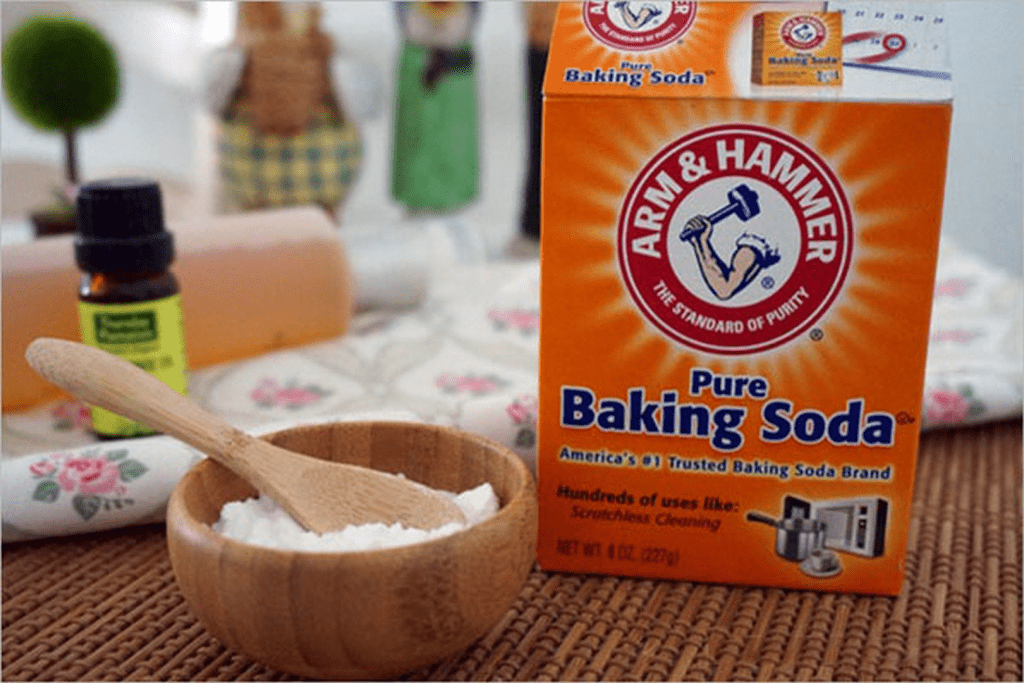
It may make your skin feel smoother and cleaner—but using it incorrectly or too often can do more harm than good.
What it doesn’t do:
- It won’t reverse aging, erase deep wrinkles, or tighten sagging skin permanently.
- There’s no scientific evidence that baking soda makes you look exactly “15 years younger.”
Baking Soda + Lemon: Why This Combo Is Trending
Many DIY beauty recipes include lemon juice, which contains vitamin C and natural acids. Together with baking soda, the mixture may offer temporary brightening.
But beware:
- Lemon is highly acidic. It can irritate sensitive skin, cause dryness, or worsen sun damage if not rinsed off properly.
- Combining it with baking soda (which is alkaline) may alter your skin’s natural pH balance, leading to irritation or breakouts.
How to Use Baking Soda Safely on Your Face
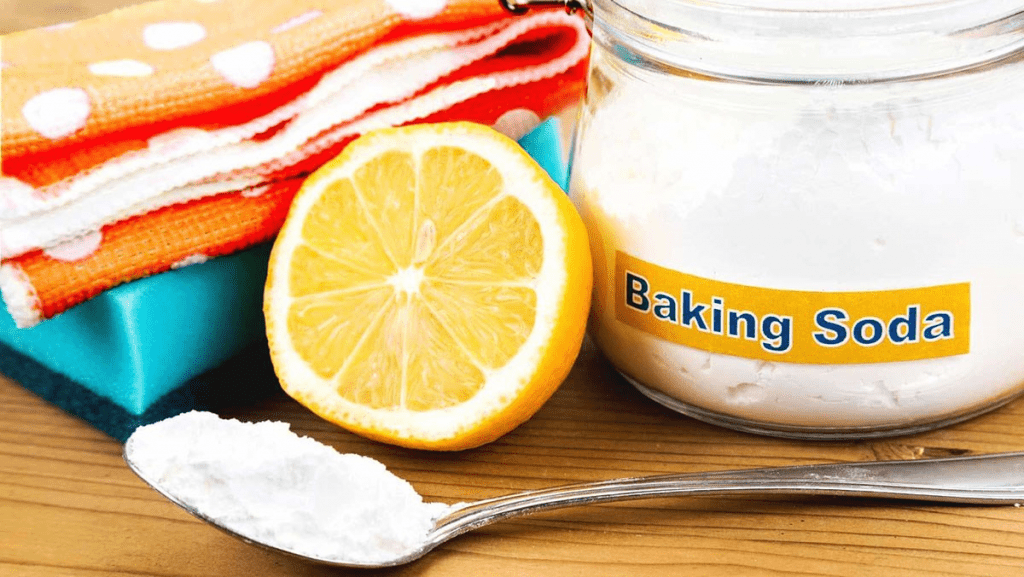
If you’re curious to try it, follow these steps:
Simple Baking Soda Face Scrub
Ingredients:
- 1 teaspoon baking soda
- A few drops of water or aloe vera gel (avoid lemon if you have sensitive skin)
Instructions:
- Mix into a smooth paste.
- Gently massage onto damp skin in circular motions (avoid eyes and lips).
- Rinse thoroughly with lukewarm water.
- Apply a gentle moisturizer immediately after.
Limit use to once a week to avoid over-exfoliating your skin.
Who Should Avoid It
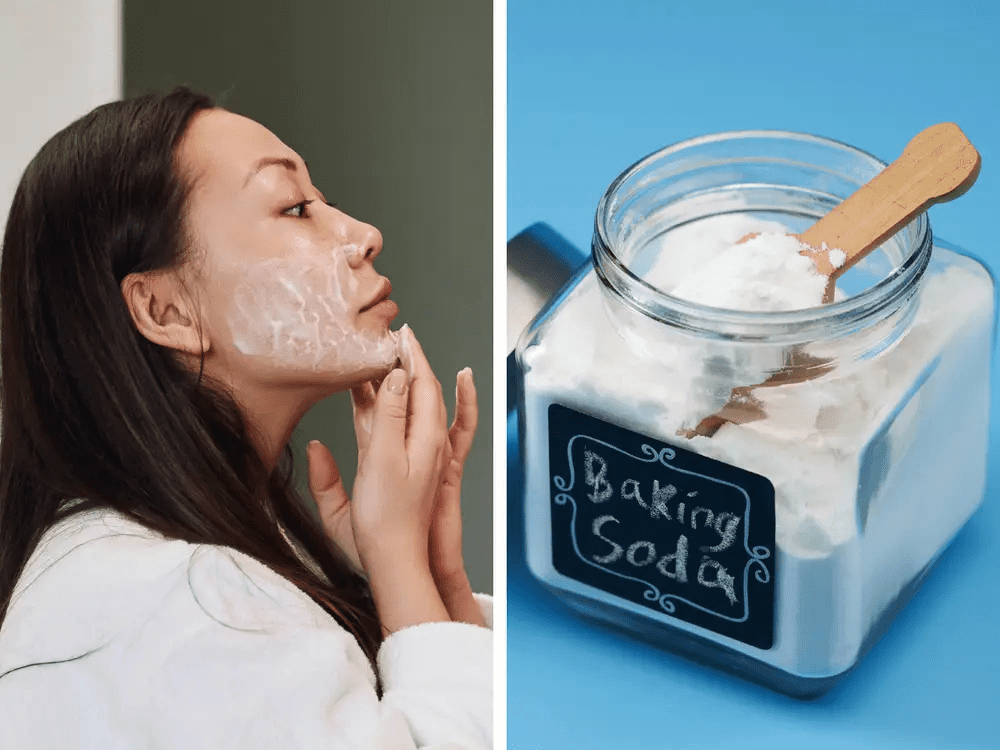
This remedy is not recommended for:
- People with sensitive or dry skin
- Those with eczema, rosacea, or active acne
- Anyone using prescription skincare products (like retinol or benzoyl peroxide)
Even if your skin feels smooth after one use, long-term or frequent application can strip away your skin’s protective barrier.
Safer Natural Alternatives for Youthful Skin
If your goal is to reduce signs of aging naturally, consider these gentler options:
✅ Honey: Naturally antibacterial and moisturizing
✅ Aloe Vera: Soothes and hydrates without disrupting skin pH
✅ Oatmeal: Calms irritated skin and acts as a mild exfoliant
✅ Vitamin C serum: Scientifically backed to improve skin texture and tone
For best results, pair any natural skincare with:
- Daily sun protection
- Staying hydrated
- A balanced diet rich in antioxidants
Final Thoughts: A Trend Worth Trying—With Caution
Baking soda can be a helpful occasional exfoliant, but it’s not a miracle anti-aging solution. Use it sparingly, skip the lemon if your skin is sensitive, and always follow up with moisture and sunscreen.
✅ Curious to try it? Start slow and observe your skin’s response.
✅ Know someone who swears by this trick? Share this article and help them do it safely.
Disclaimer: This article is for informational purposes only and does not substitute professional medical advice. Consult a dermatologist before starting new skincare routines, especially if you have sensitive or damaged skin.
